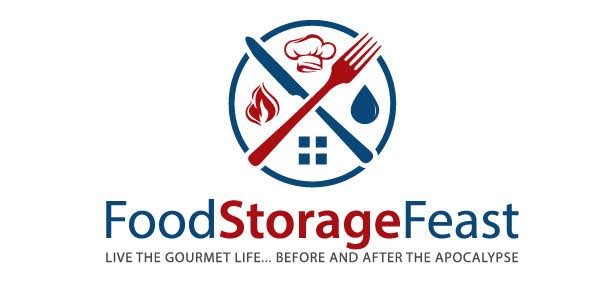Storing a large amount of shelf-stable foods can play a crucial role in enhancing peace of mind for families in America and building food security.
1. Emergency Preparedness:
Natural Disasters: Shelf-stable foods can be a lifeline during natural disasters like hurricanes, earthquakes, or floods, where access to fresh food may be limited for an extended period. Families with a well-stocked pantry can navigate through emergencies more effectively.
2. Financial Stability:
Economic Downturns: In times of economic uncertainty or personal financial challenges, having a stockpile of shelf-stable foods can help families reduce their grocery bills and allocate resources to other essential needs.
3. Supply Chain Disruptions:
Pandemics and Global Events: Recent global events, such as the COVID-19 pandemic, have highlighted vulnerabilities in the supply chain. Storing non-perishable items ensures that families have access to essential goods even during disruptions in the distribution network.
4. Health and Well-being:
Nutritional Security: Shelf-stable foods can be nutritious, providing essential vitamins and minerals. This is especially important during times when access to fresh produce may be limited, ensuring families maintain a balanced diet.
5. Reduced Dependence on Grocery Stores:
Avoiding Shortages: A well-stocked pantry decreases reliance on immediate grocery store supplies. This is particularly beneficial during periods of increased demand or shortages, preventing families from facing empty shelves when certain items are in high demand.
6. Long-Term Cost Savings:
Buying in Bulk: Purchasing non-perishable items in bulk can often result in cost savings. Families can take advantage of sales and discounts, reducing their overall grocery expenses over time.
7. Promoting Self-Sufficiency:
Reducing Reliance on External Assistance: In times of crisis, families with a stockpile of shelf-stable foods can rely on their resources, reducing the need for external assistance. This promotes a sense of self-sufficiency and resilience.
8. Peace of Mind and Mental Health:
Stress Reduction: Knowing that there is a supply of essential foods at home can alleviate stress and anxiety about unforeseen circumstances. This peace of mind contributes to overall mental health and well-being.
9. Adaptability to Changing Lifestyles:
Busy Schedules: Families with hectic schedules may find it challenging to shop regularly. Having a stash of shelf-stable foods ensures that meals can be prepared conveniently without the immediate need for frequent grocery trips.
10. Community Support:
Assisting Others: A well-prepared family can also be in a position to assist neighbors or community members in times of need, fostering a sense of community support and resilience.
In conclusion, building a stockpile of shelf-stable foods goes beyond simply having a backup food supply. It is a proactive approach that empowers families to weather various challenges, promoting stability, security, and peace of mind in an unpredictable world.
